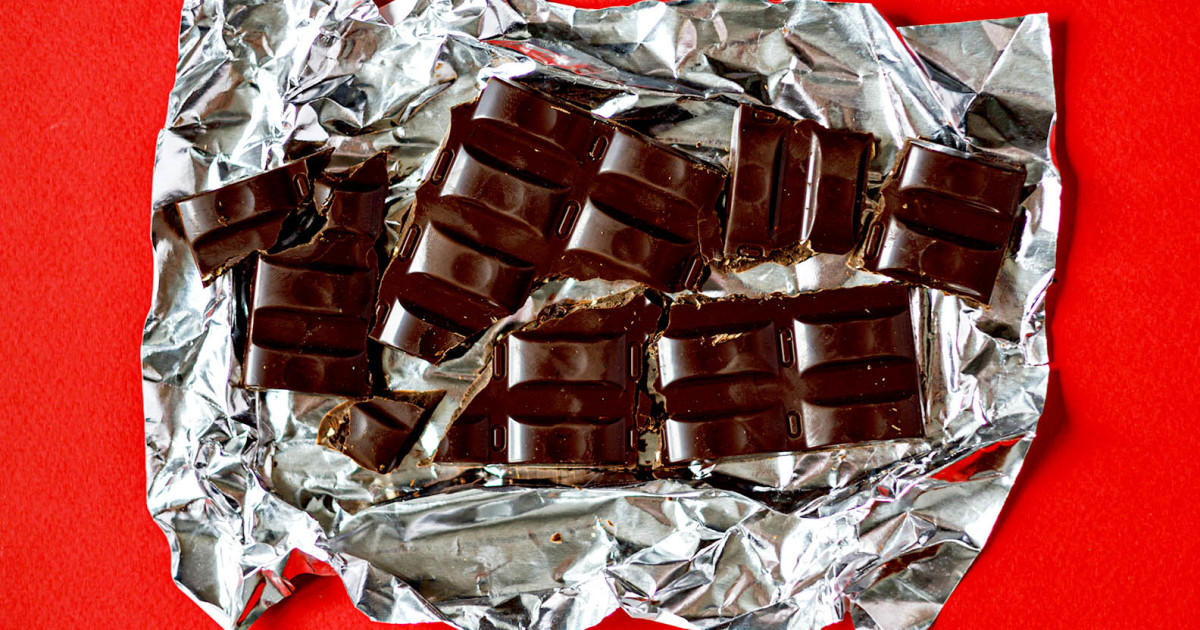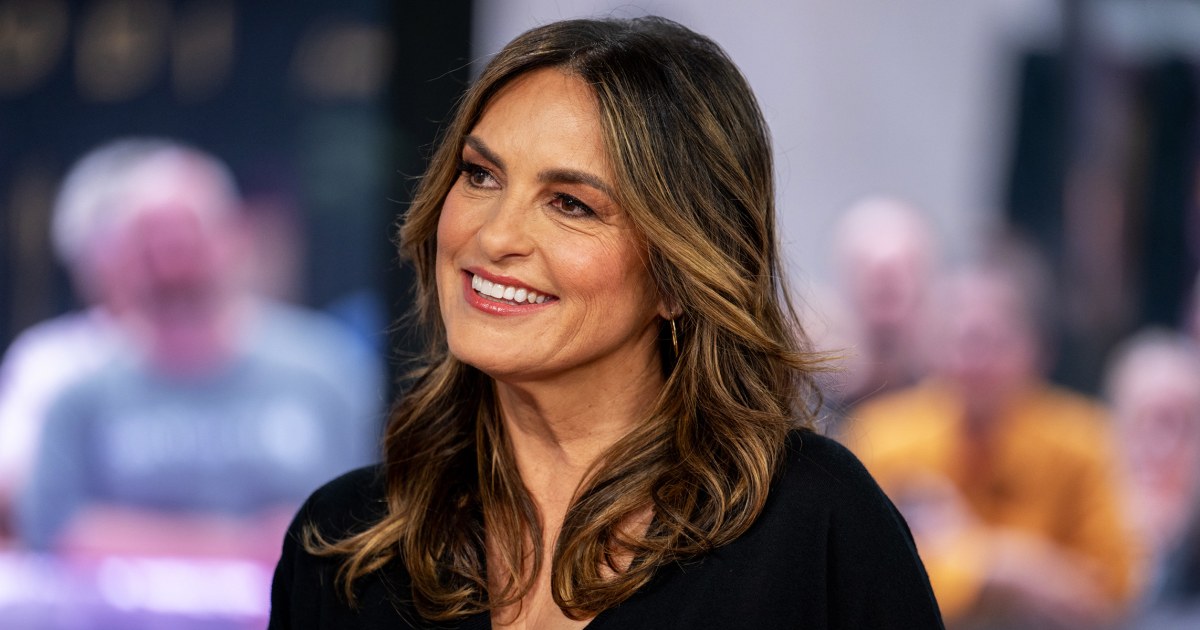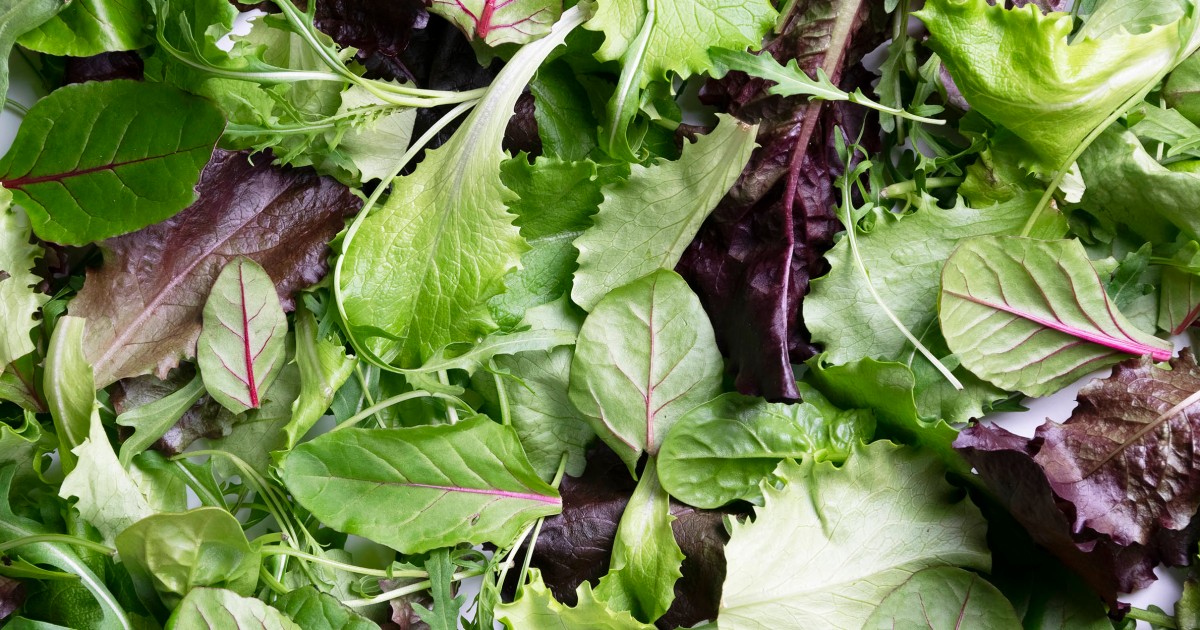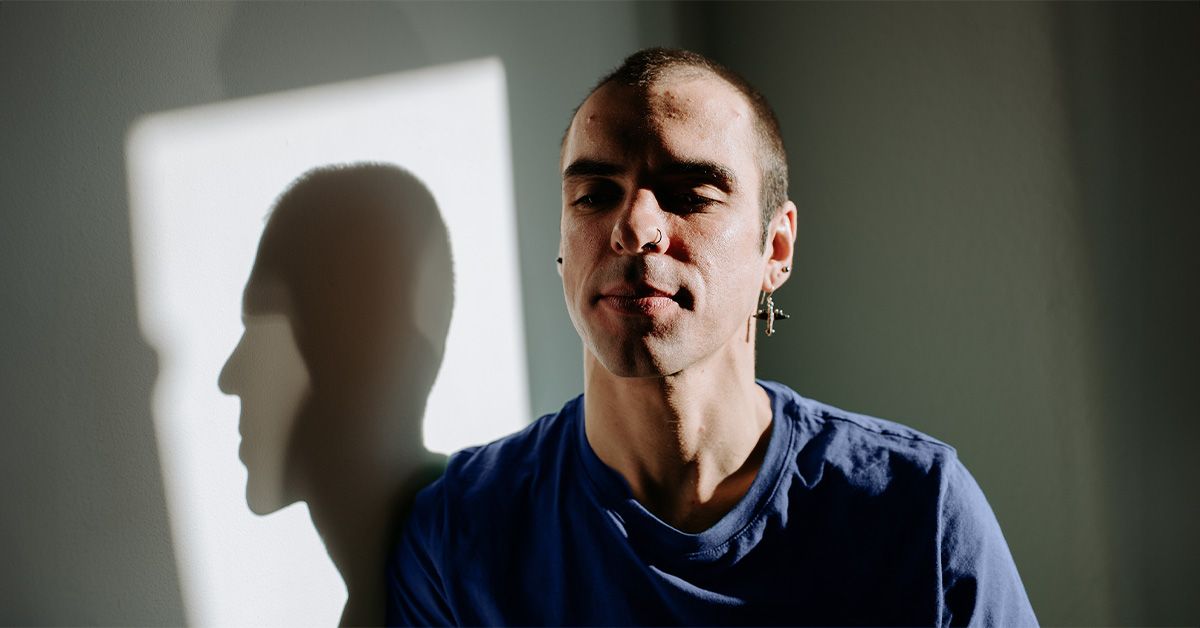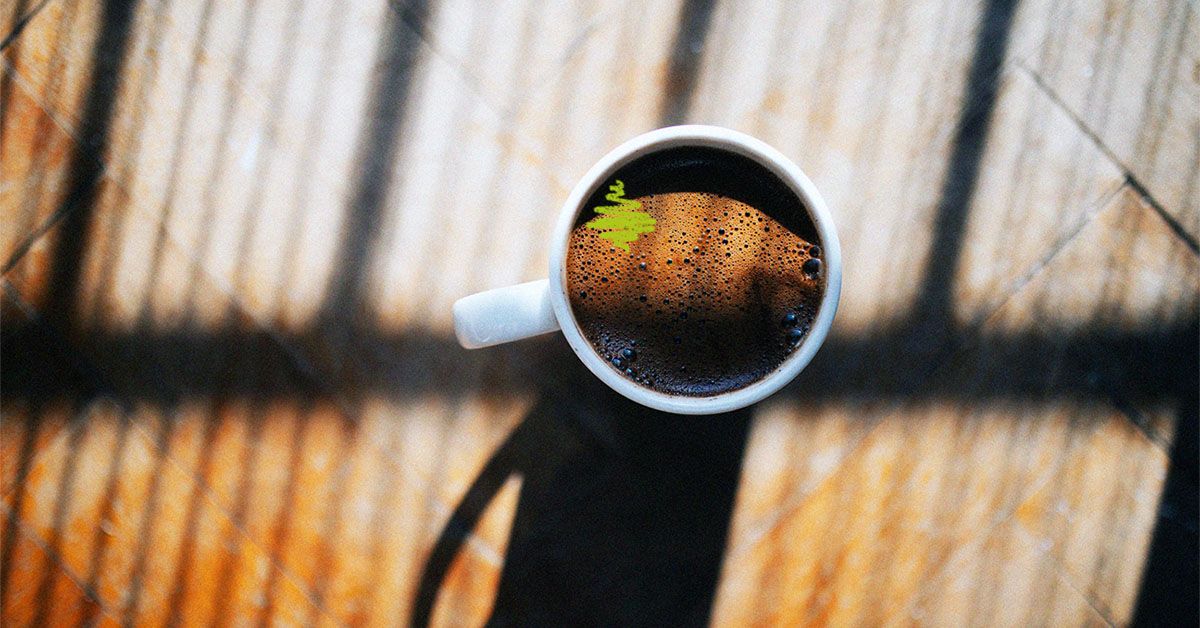Healthy dessert may sound like an oxymoron, but it turns out there are plenty of foods that can help you get your sweet fix in a healthy way. But is chocolate on the list? Is dark chocolate good for you?
You may have heard about the health benefits of nibbling on a dark chocolate bar, which tastes bitter and slightly sweet. Here’s what to know about the health benefits and risks of dark chocolate.
Is dark chocolate healthy?
Yes! As a nutritionist, I’m happy to tell you dark chocolate can be part of a healthy diet — in moderation, of course. Too much of anything can certainly outweigh the benefits. But there is quite a bit of evidence that chocolate that is mostly cacao can boost your health in a variety of ways, when paired with a healthy lifestyle.
Which dark chocolate is the healthiest?
Chocolate that is at least 70% cacao, cocoa, is the healthiest.
“The higher the percent of cacao, the less sugar is in the chocolate and the higher the amount of cocoa mass,” Frances Largeman-Roth, registered dietitian and author, tells TODAY.com.
Dark chocolate bars in stores range from 70% to 100% cacao. “Some people love the deep, intense flavor of 100%, but it’s not for everyone,” Largeman-Roth adds. “I usually find that 85% is absolutely delicious and it still delivers on health benefits.”
Health benefits of dark chocolate
Relieving stress
In addition to stress-managing tools like meditation and exercise, eating a healthy diet has been linked to stress-relief — and yes, that includes dark chocolate. The sweet treat contributes to producing the feel-good hormone serotonin and contains magnesium, which is linked to reducing anxiety.
Helping reduce inflammation
Cacao beans contain protein, fiber and are a great source of minerals like iron and magnesium. They’re also rich in powerful antioxidants, particularly flavonoids like catechin, epicatechin and procyanidins. These are your body’s protectors against “bad guy” free radicals. Antioxidants combat damage caused by free radicals that contributes to aging, heart disease, cancer, Alzheimer’s and other diseases.
Managing blood-sugar levels
Some studies have suggested chocolate can reduce insulin resistance, and its healthy fats also slow down the absorption of sugar into the bloodstream, preventing sugar spikes.
Supporting heart health
Studies have shown an association between eating chocolate and a lower risk of heart disease. Largeman-Roth explains that dark chocolate is rich in flavanols, a natural compound that can lower blood pressure, reducing the risk of stroke and heart disease.
Protecting your skin
Components of the cocoa bean have photoprotective effects, meaning that they help protect against the harmful effects of UV light, Largman-Roth says. And research shows cocoa flavanols can help boost blood flow, helping your skin look better. Dark chocolate can also help your skin stay hydrated, since it contains fatty acids.
Strengthening bones
Dark chocolate contains magnesium, manganese, copper, zinc and phosphorus, all of which build bones, Largeman-Roth says.
Keeping your brain sharp
Largeman-Roth points out that a 2006 study found that cocoa that’s rich in flavanols can boost blood flow in the brain, which means it could have benefits for treating dementia and strokes.
Dark chocolate satisfies your sweet tooth — the healthy way
A square of dark chocolate can be a great way to satisfy a sweet tooth while reaping the benefits of dark chocolate.
If you’re ready to get baking, walnut chia thumbprint cookies are an excellent post-dinner treat, and yes, I’ve even been known to add a few dark chocolate chunks to my peanut butter oatmeal.
Dark chocolate health risks
While dark chocolate contains plenty of micronutrients that are important for your health, new research provides good reason to make sure you’re not eating too much of it.
A July 2024 study by researchers at George Washington University and ConsumerLab.com published in Frontiers in Nutrition found that many dark chocolate products contain the toxic heavy metals lead and cadmium.
The amount that researchers found in the products is not dangerous to the average person, and the metals likely end up in the chocolate because it’s found in the environment where it’s grown or processed.
The findings are not reason to stop eating chocolate, which is safe to consume. Still, it’s best for your health not to eat more than an ounce of dark chocolate a day and to not eat the same kind repeatedly.
How much dark chocolate should I eat a day?
An ounce of dark chocolate a day is a safe and healthy amount, Largeman-Roth says. For dark chocolate lovers, “Sometimes that turns into more than an ounce, which is fine,” she adds.
Healthy dark chocolate recipes
Try these TODAY.com recipes that include good-for-you dark chocolate.
Read the full article here







